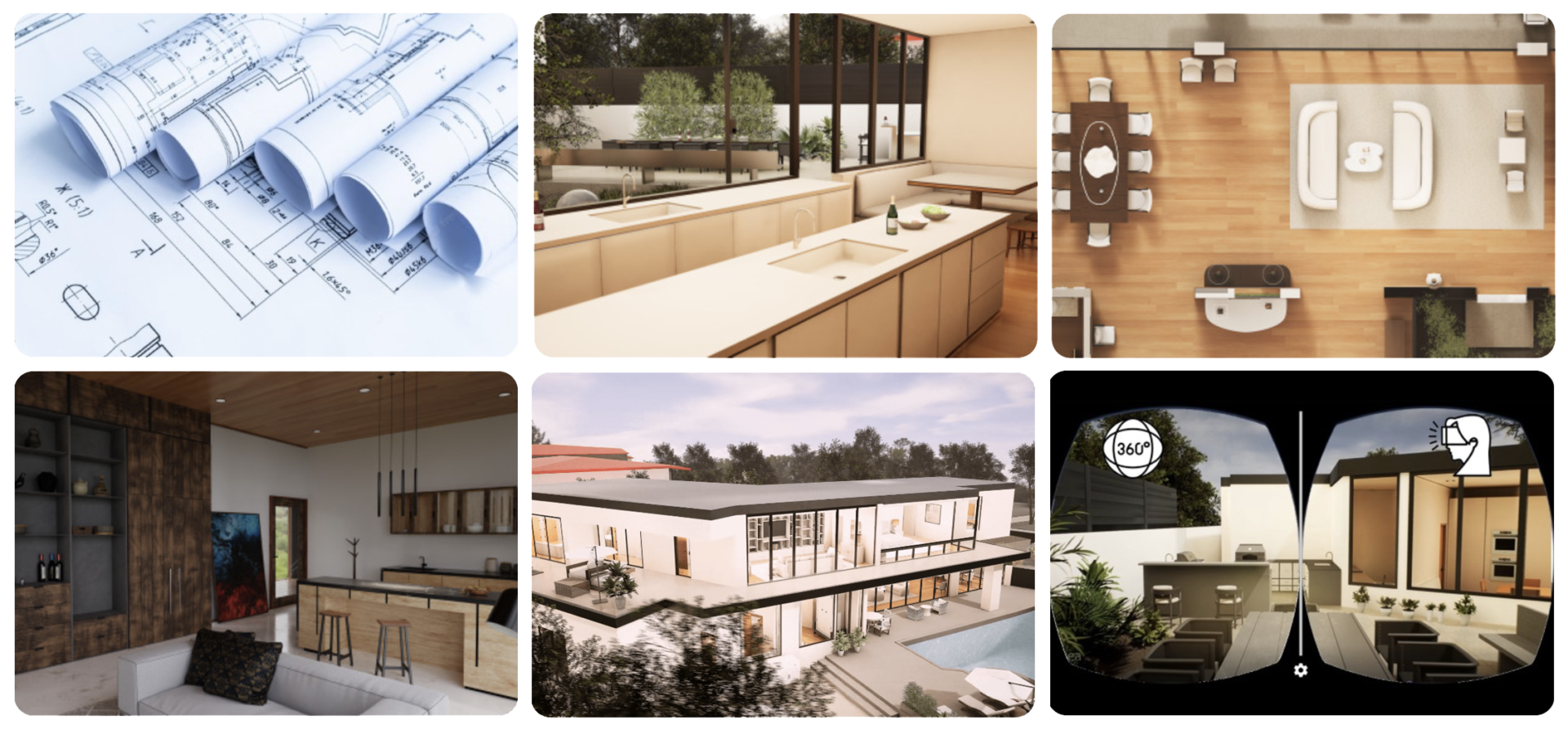
Scott Bovenizer
Founder, CEO, 3D Design Engineer

Clik3D was founded by Scott Bovenizer, a design engineer with a long history in 3D design and modeling. He began his career designing stealth fighters and bombers using 3D design systems.
From there Scott joined a then-young and blossoming startup in Silicon Valley called Silicon Graphics (SGI). SGI created the first computer systems that could crunch complex real-world algorithms and present the results in realistic imagery and in motion. This technology quickly got into the hands of scientists, engineers, designers, and even Hollywood. In 1995 the first feature-length animated movie to be entirely computer-generated, the Disney Company’s Toy Story, was created with SGI’s computers, followed by The Terminator, The Abyss and Jurassic Park. It was here that Scott learned the intricacies of 3D graphics systems and software, including the vast array of applications that this new technology-enabled.
Expertise in engineering, design, architecture, and 3D modeling form the foundation of Clik3D, a virtual interior and exterior design company that allows anyone to walk through their new home, building or business park before construction begins.




